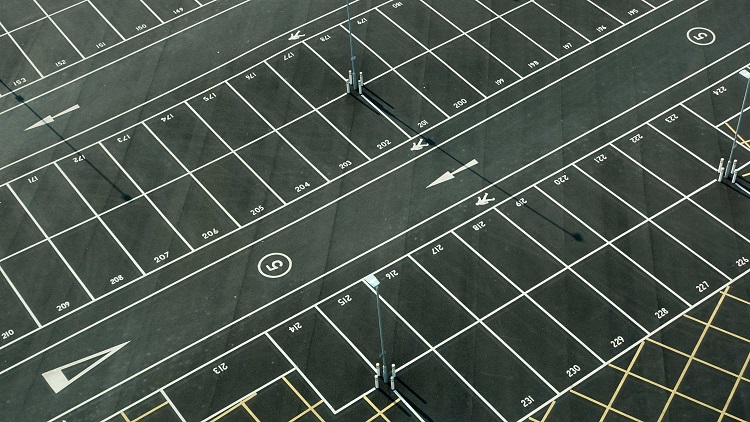
Despite being the home to justice, courthouses are not immune from threats of crime or the actual crime itself. A recent report from The Guardian newspaper highlighted how thousands of pounds have been spent in recent years upgrading security for judges and members of the court. Indeed, polling underlined that 22% of circuit judges, who try the most serious criminal cases, 21% of court appeal judges, and 19% of high court judges feared for their own personal safety. This deep concern was shared by 15% of judges across the board.
Whether facing threats from organised drug gangs, violent criminals, or warring families, courts require a robust approach to physical security and must be protected from dangers. The key way to ensure that a courthouse is protected should therefore be to create a complex, and multi-tiered approach that plans for the worst possible eventualities and helps prevent these dangers from coming to fruition at any stage.
Balancing the scales
One of the most common conundrums for courthouses are that many of their buildings are antiquated. While their historic nature provides a purpose in underlining their importance, it can present challenges when it comes to security. This is why it is essential that a risk assessment is carried out to factor in the uniqueness of each building, rather than taking a one-size-fits-all approach that may be more suited to wide, spacious, open buildings.
Another problem that courthouses face is their need to balance security with the rights of visitation. Whether it be those having their day in court, members of the judicial, the public, or members of the press. Entry needs to be secure, yet quick, to maintain busy court schedules.
Another concern, particularly with high-profile cases, is that of media and public interest. These types of cases may bring increased attention from members of the public, or press, and therefore crowd control and interior access controls can become a high priority that needs to be addressed. It is important to liaise with both media outlets and policing officials in advance in order to assess the risk factors of these types of cases.
Exterior security
Security should always begin with the perimeter and in the case of courts, this often means considering car parks and entry points. It is essential that car parks are limited to authorised visitors and that protection is given to important vehicles. This might be achieved through
automatic barriers with pins or biometric devices, or through cutting-edge ANPR systems that reserve entry to whitelisted vehicle number plates.
Interior security
Indoors, turnstiles and barriers can be used to manage human traffic and allow security personnel to carefully search, and later monitor visitors. Equally, access control and barriers can be used to reserve access to specific areas, such as jury rooms, courtrooms, or staff rooms.
Together with other solutions like manned guarding, barred windows, supervisors, and crowd control, you can develop a comprehensive security protocol that ensures proceedings go ahead safely and securely and that the security of both visitors and the judiciary is respected. To begin this process you should endeavour to undertake a comprehensive risk assessment which accounts for all of the aforementioned factors.
Gateway Automation provides a range of products including access control equipment to help businesses and individuals secure their sites against crime. We also provide nationwide servicing and repairs to gates, barriers, and other perimeter security equipment. To find out more, and how we may be able to help, please call us on 01522 682255.


Recent Comments